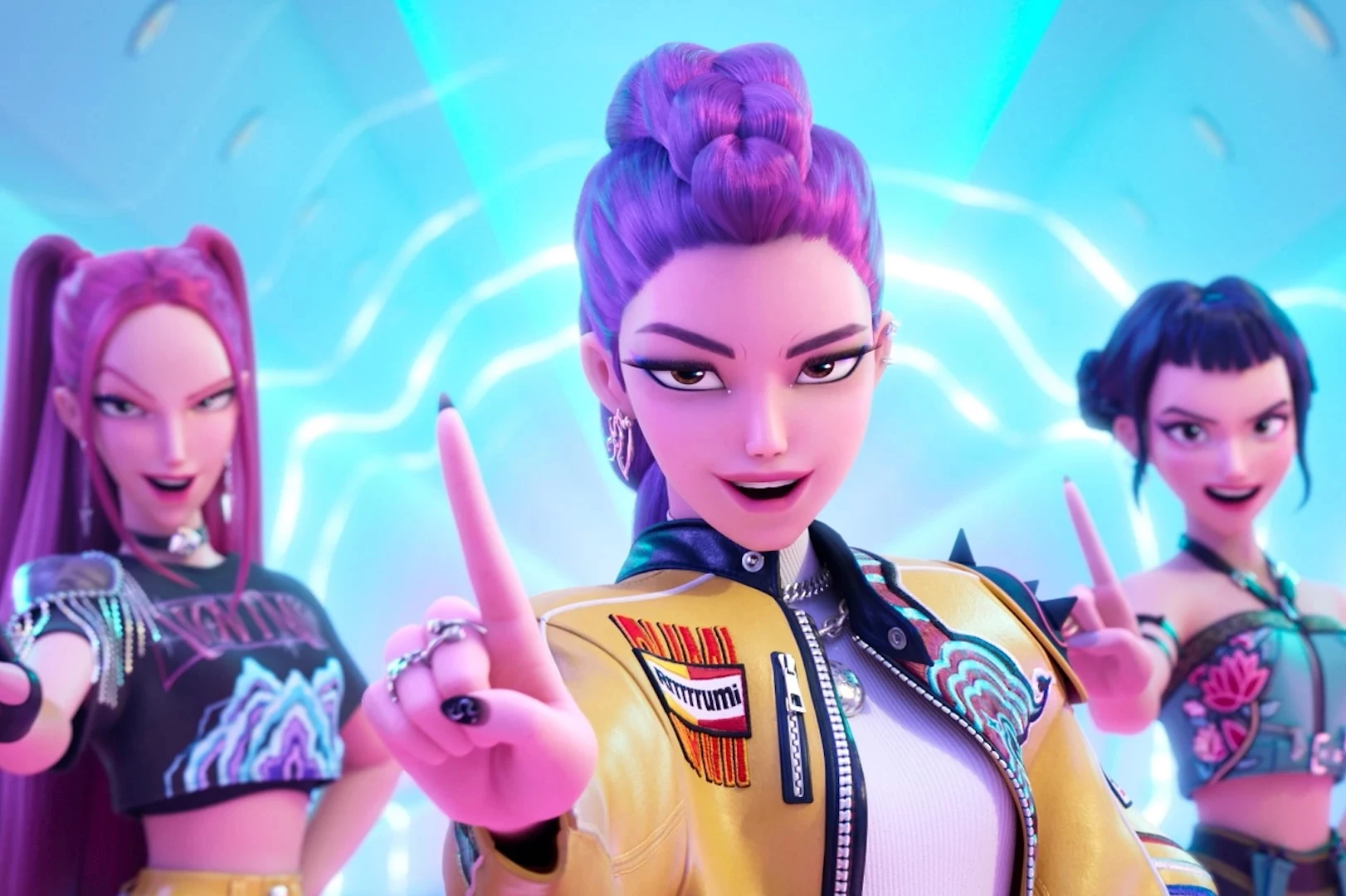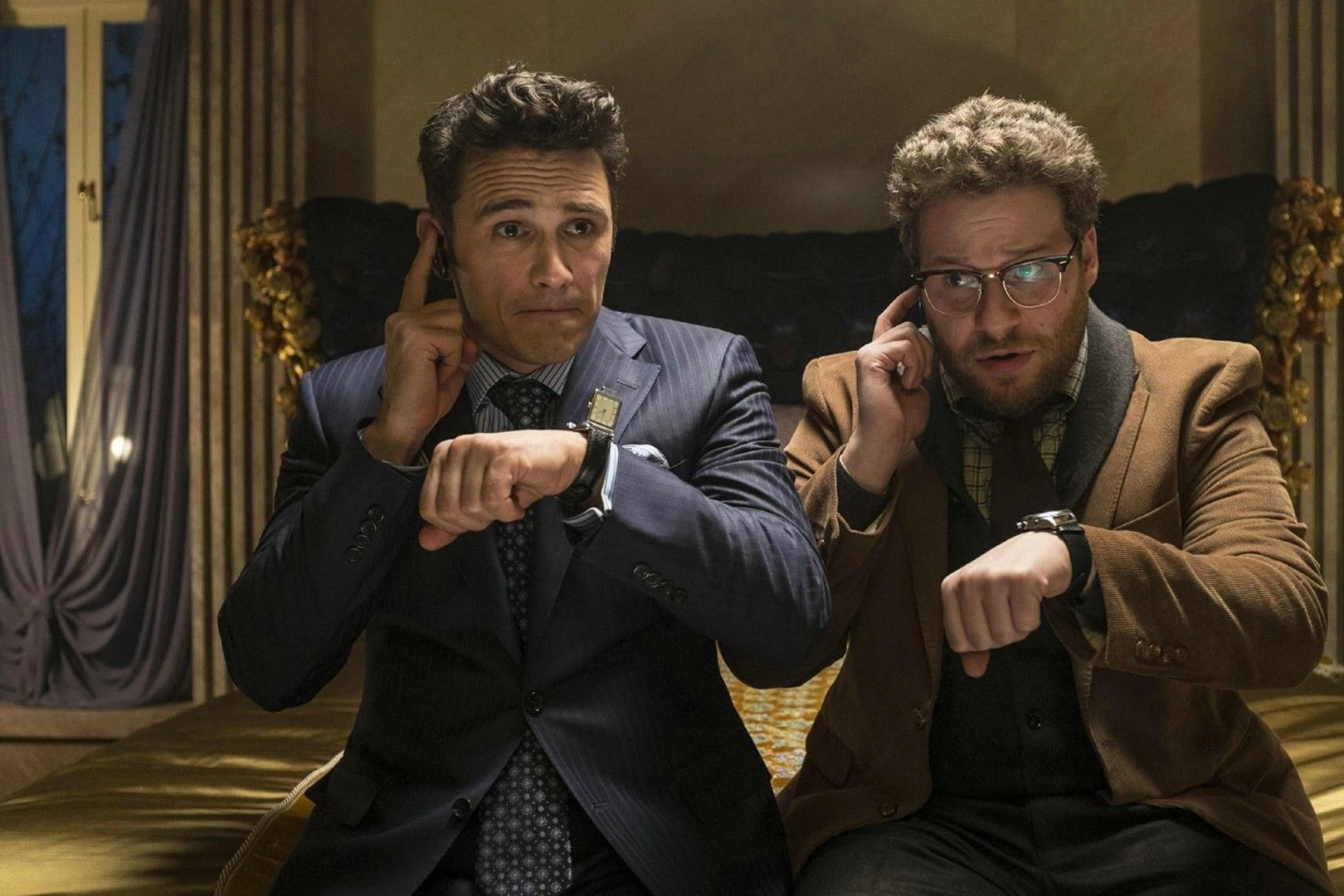
Okay, so it’s official – Netflix and Sony are making a sequel to KPop Demon Hunters! Honestly, it wasn’t a huge surprise, considering how popular it was – as far as streaming movies go, it really broke through this year. I’m definitely excited to see what they do with the next one.
One bit of surprise: It looks like we won’t see it for four full years.
Bloomberg reports that Netflix is planning to release the movie in 2029, which is four years from now.

The long wait for a sequel highlights two key points. First, animated movies take a considerable amount of time to produce. Second, Netflix and Sony underestimated the massive popularity of KPop Demon Hunters. If they’d anticipated such a cultural impact, they would have begun working on a follow-up much sooner. Recently, Netflix and Sony partnered with Hasbro and Mattel to create KPop Demon Hunters toys and merchandise, but these won’t be available until 2026. This means they’re missing out on potential sales this holiday season that could have been generated by having the toys in stores now.
Directed by Maggie Kang and Chris Appelhans, the film centers around Huntr/x, a wildly popular K-pop girl group with a secret: they’re also warriors who fight demons from another dimension. When demons try a new tactic to take over Earth – forming a rival boy band called the Saja Boys – Huntr/x’s fans become the ultimate target.
The movie is now on Netflix, but it’s already been a hit in cinemas twice with sing-along showings, earning around $25 million. Remarkably, this happened even though people could already watch it at home for months.
10 Movies That Sparked Major Controversy When They Were Released

Cannibal Holocaust (1980)
Even the title of the movie Cannibal Holocaust hints at the controversy it caused when it was released. The film is notorious for its extreme gore, violence—including scenes of simulated cannibalism—and, disturbingly, real animal cruelty. It was banned or heavily censored in many countries and remains one of the most infamous exploitation films ever made. Debate continues among film historians about whether the film’s graphic violence is a critique of how journalists exploit indigenous cultures, or simply another instance of that exploitation. Regardless, Cannibal Holocaust was highly influential; it pioneered the “found footage” technique decades before The Blair Witch Project popularized it.

Indiana Jones and the Temple of Doom (1984)
While modern audiences often discuss the sometimes problematic way India and its people are depicted in Indiana Jones and the Temple of Doom, the film originally caused controversy for a different reason. Temple of Doom is a notably intense installment in the Indiana Jones series, filled with violent and frightening scenes. Many parents in the 1980s were surprised it received a PG rating. Following complaints about the film’s mature content, along with similar concerns about Steven Spielberg’s Gremlins, which came out just weeks later, the MPAA created the PG-13 rating to better protect younger viewers from disturbing content like dark magic and on-screen violence.

The Last Temptation of Christ (1988)
Martin Scorsese’s film, The Last Temptation of Christ, sparked significant controversy among religious groups, but it was particularly bold in showing Jesus struggling with human desires. Based on a novel by Nikos Kazantzakis that was already considered controversial, the movie included dream sequences depicting sexual fantasies, which led many Christians to boycott it. However, some religious leaders actually praised the film, and a disclaimer at the beginning clarifies that it’s a fictional interpretation of Jesus’ internal struggles, not a literal retelling of the Gospels.

JFK (1991)
From the start, Oliver Stone’s film JFK, which suggested Lee Harvey Oswald was a pawn in the Kennedy assassination orchestrated by the government, faced intense criticism from the media and U.S. officials. Newspapers published harsh reviews, accusing the film of promoting conspiracy theories and falsely claiming a secret plot to put Lyndon B. Johnson into power. Even after its release, critics continued to debate whether the film’s compelling storytelling justified its potentially misleading message.

Dogma (1999)
It’s not surprising that the movie Dogma, about two angels questioning God’s power and unraveling reality, upset some religious groups. The Catholic League, in particular, strongly condemned it as blasphemous, criticizing its treatment of serious religious topics. Protests occurred in several countries, causing delays in the film’s release, and the director, Kevin Smith, even received death threats. He famously attended one protest disguised as someone opposing his own movie. As often happens, the controversy generated significant interest, and Dogma became the most financially successful film in Smith’s View Askewniverse series.

The Da Vinci Code (2006)
Similar to the controversial film The Last Temptation of Christ, The Da Vinci Code, adapted from Dan Brown’s novel, portrays a Jesus that angered religious conservatives. However, while The Last Temptation of Christ was a fictional exploration, The Da Vinci Code presents its version of Jesus—married to Mary Magdalene with a daughter—as a hidden historical truth. The story claims the Catholic Church concealed this information for centuries to protect the secret of the Holy Grail. While the movie and book are works of fiction, Brown insisted many details, including secret rituals and the Priory of Sion, are based on fact. Untangling this complex story will require someone as resourceful as the book’s protagonist, Robert Langdon.

Antichrist (2009)
Lars Von Trier’s films are known for dividing audiences. The Danish director frequently tackles difficult and disturbing subjects, often involving intense violence and bleak themes. His 2009 film, Antichrist, is a prime example, causing a strong reaction – some viewers walked out or even fainted during its premiere at the Cannes Film Festival, and it received widespread criticism. Von Trier wrote the film while struggling with severe depression, and it was the first in a series of three films exploring that theme, followed by Melancholia and Nymphomaniac. When Antichrist was released, there were two versions available: a censored “Catholic” version and an uncut “Protestant” version. While most countries received the uncut version, it was often given a restricted rating.

Black Swan (2010)
When Black Swan was released, it sparked a lot of debate – people either loved it or strongly disliked it. Many professional ballerinas were particularly critical, finding the film to be an unrealistic and exaggerated depiction of a dancer’s life. They often criticized it for being overly sensational and sexualized, as much of the story focuses on a demanding instructor pushing his lead dancer to be more provocative. Ballerina Sarah Lane also pointed out that she wasn’t properly credited as Natalie Portman’s dance double, and that the film led audiences to believe Portman performed all the dancing herself.

The Interview (2014)
The movie The Interview, starring Seth Rogen and James Franco, was always likely to offend North Korea. The film depicts a fictional interview with Kim Jong Un and satirizes the North Korean government. North Korea responded by threatening the United States if Sony released it. Shortly after, Sony’s computer systems were hacked, allegedly by a group connected to North Korea, and threats were made against any cinemas showing the film. This led major U.S. theater chains to cancel the release, and Sony ultimately released it online on Christmas Eve 2014, with a small theatrical release the next day.

Star Wars: The Last Jedi (2017)
The Star Wars franchise has often faced fan criticism, especially with the prequel films and the more recent sequel trilogy. Rian Johnson’s The Last Jedi, the second film in the new trilogy, was particularly divisive. It sparked so much disagreement that the next movie essentially undid many of its plot points. The film frustrated viewers with choices like Luke Skywalker’s behavior and disappointing character development. The backlash became so intense that actress Kelly Marie Tran was driven off social media. The Last Jedi signaled a shift in how franchises are made, highlighting how important it is to satisfy fan expectations – often prioritizing that over creative risks.
Read More
- All Golden Ball Locations in Yakuza Kiwami 3 & Dark Ties
- Hollywood is using “bounty hunters” to track AI companies misusing IP
- NBA 2K26 Season 5 Adds College Themed Content
- What time is the Single’s Inferno Season 5 reunion on Netflix?
- Mario Tennis Fever Review: Game, Set, Match
- Gold Rate Forecast
- Train Dreams Is an Argument Against Complicity
- Exclusive: First Look At PAW Patrol: The Dino Movie Toys
- Pokemon LeafGreen and FireRed listed for February 27 release on Nintendo Switch
- A Knight Of The Seven Kingdoms Season 1 Finale Song: ‘Sixteen Tons’ Explained
2025-11-05 23:27